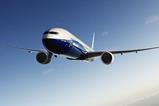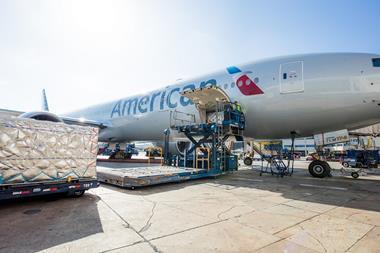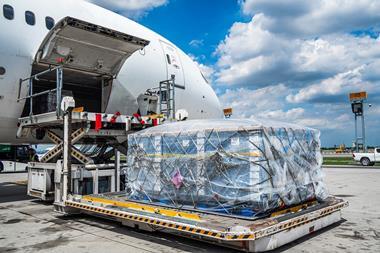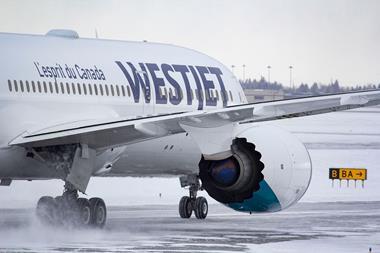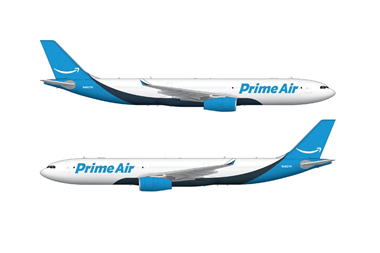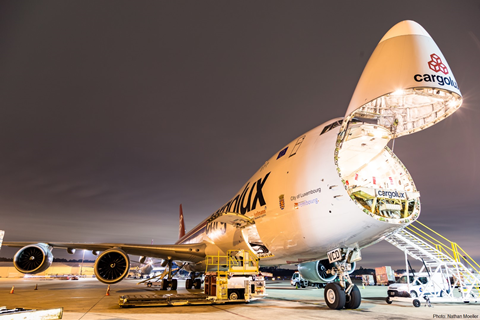
Cargo airline Cargolux’s 2021 results show profit after tax of $1.3bn, an increase of 68% over 2020.
The Luxembourg-based airline saw an increase in tonnage and higher yields, recording revenues of $4.4bn, an increase of 40% over 2020.
Earnings before interest and tax (EBIT) were $1.72bn, an increase of 73 % over 2020, while profit before tax was $ 1.7bn, an increase of 94% over 2020.
The pandemic-induced capacity shortage and strong yields experienced in 2020, continued with demand remaining strong throughout 2021, said the carrier.
It added that global supply chain backlog issues, ocean freight capacity constraints, and limited bellyhold availability led to “sustained demand for air cargo services with volumes close to peak season production throughout the year”.
Cargolux noted: “Operationally, 2021 was more challenging compared to 2020. Quarantine measures introduced in various countries, confinement of crew to hotels, lack of suitably qualified staff and infrastructure, especially in the USA, all compounded by full warehouses and a shortage of trucking services.
“The temporary blockage of the Suez Canal also resulted in customers further relying on air cargo for their shipments. The resulting capacity shortage therefore remained under pressure, resulting in year-round high volumes and strong yields reflected in the figures above.”
In its outlook for 2022, Cargolux highlighted the continued strain on global supply chains, stating this is set to continue and capacity is not expected to recover to pre-pandemic levels in the coming months, while global trade will likely suffer from pandemic and Ukraine war-related impacts.
“Sanitary restrictions, border closures, and lockdowns are still prevalent outside of the EU, specifically in Asia, the powerhouse of global production,” said the airline.
“Geopolitical tensions are at an all-time high as war returns to Europe and there is currently no apparent resolution in sight. The sanctions imposed on Russia have impacted international trade and the grounding of Russian carriers has further reduced available capacity whilst at the same time increasing costs for airlines due to longer flying times to and from Asia as the use of Russian airspace is no longer available. Additionally, the price of jet fuel has become extremely volatile and significantly higher than in 2021.”
At the end of December 2021, the total fleet of 30 aircraft comprised sixteen Boeing 747-400 freighters (10 B747-400Fs and 6 B747-400ERFs) and fourteen Boeing 747-8 freighters.







